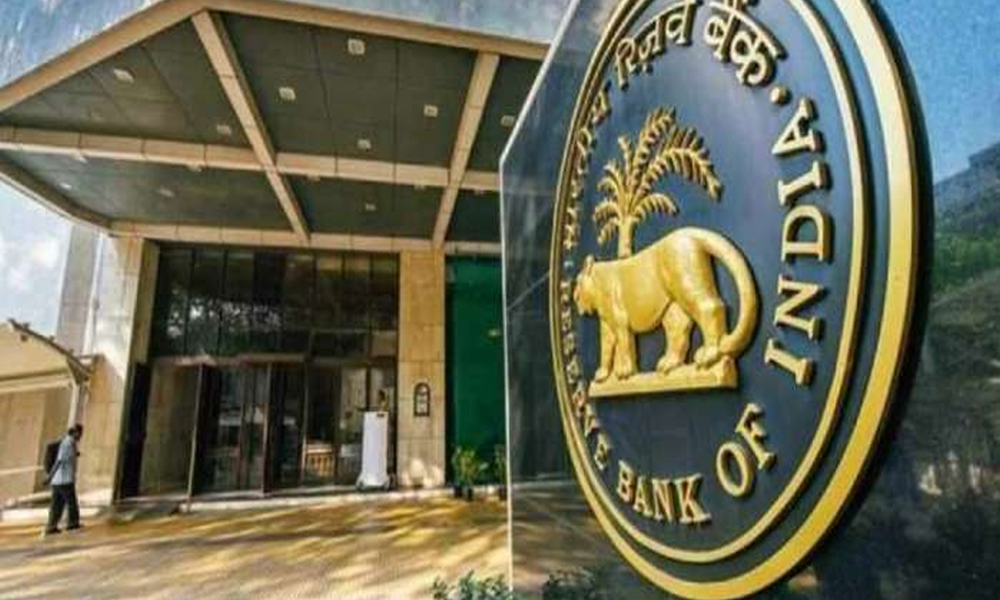
Credits: IndiaTV
India
RBI: Poorest Hit Hardest In Pandemic, Demand Recovery Post COVID Will Take Time
 |
|The Reserve Bank Of India in its Annual Report for 2019-20 stated that the economy is expected to contract for the first time and will take a long time for recovery and 'regaining the pre-COVID momentum'.
The Reserve Bank Of India in its Annual Report for 2019-20 stated that the economy is expected to contract for the first time and will take a long time for recovery and 'regaining the pre-COVID momentum'. The first-quarter GDP data will be released on August 31.
The shock to consumption is severe with the poor and the marginalised sections worse hit in this pandemic, the report confirmed.
Cautioning about the long recovery period, the central bank said major discretionary elements have been lost across the board, particularly transport services, hospitality, recreation and cultural activities, that accounts for almost 50 per cent of gross domestic product (GDP).
"The upticks that became visible in May and June after the lockdown was eased in several parts of the country, appear to have lost strength in July and August, mainly due to re-imposition or stricter imposition of lockdowns, suggesting that contraction in economic activity will likely prolong into the second quarter," the RBI said;
Urban consumption demand has suffered a bigger blow. Air passenger traffic has ground to a halt. However, rural demand, by contrast, has fared better.
The bank's survey for July concluded that consumer confidence fell to an all-time low, with a majority of respondents reporting pessimism relating to the general economic situation, employment, inflation and income. However, respondents indicated expectations of recovery for the year ahead.
Interestingly, the report also showed how pandemic has exposed new inequities - salaried employees working from home while essential workers and daily wage earners have to work on-site, that exposes them to the risk of contracting the infection.
Layoffs were majorly seen in hospitality, hotels and restaurants, airlines and tourism sectors.
Mentioning the slowdown in recovery, the central bank said the total e-way bills issuance, an indicator of domestic trading activity, increased by 70.3 per cent in June 2020 on a month-on-month (m-o-m) basis. In July, however, it increased by only 11.4 per cent m-o-m and remained 7.3 per cent lower than a year ago.
Possible Solution Driven Approaches
Suggesting the measures that could boost fiscal revenues, RBI said that a consolidation plan, with schemes for reduction of debt and deficit from the government, will pave a long way, rather than just touch-down.
The economic recovery will happen only once the spending of non-discretionary items will start (food, rent etc), that will further help increase discretionary spending such as vacations, entertainment etc.
Leveraging big data and technology to track and identify tax defaulters, increasing the taxpayer base by tracking their income and wealth parameters are other great measures.
Faster enforcement of contracts, including through the expansion of judicial and insolvency capacities, would be a game-changer, it read.
The bank said that COVID-19 crisis can be converted into an opportunity by using the online provision of education and training to implement reforms in the social infrastructure, and that can be done through skill development and reskilling.
Also Read: Delhi Special Cell Now Arrests Sharjeel Iman For Delhi Riots